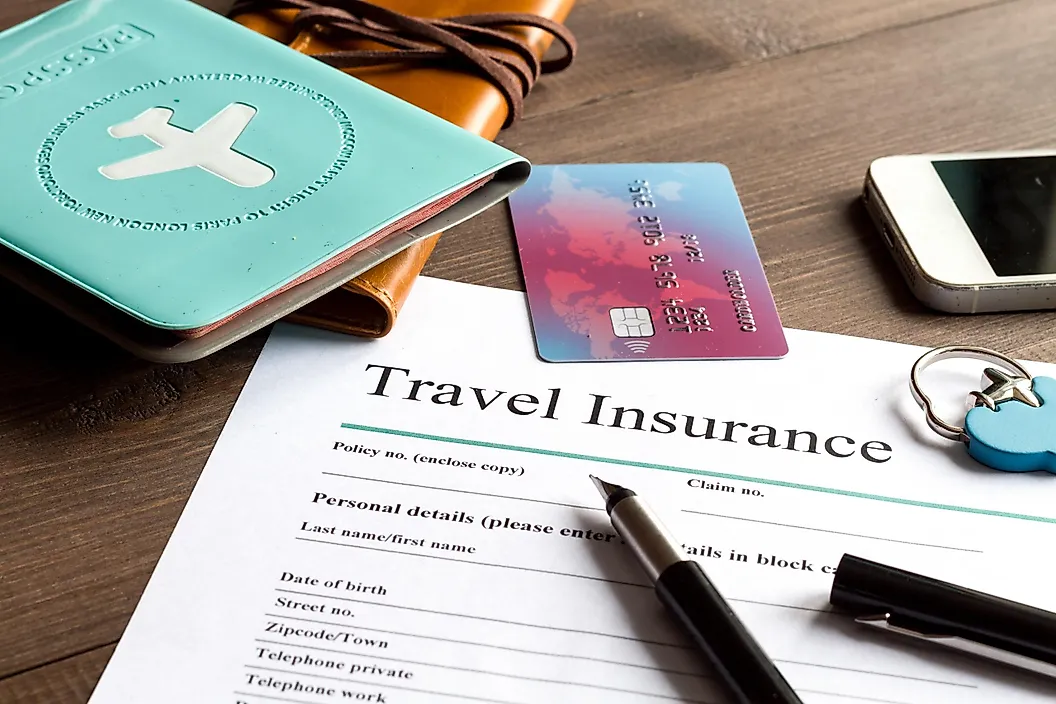
Traveling can be one of the most rewarding experiences life has to offer—but it can also be unpredictable. Whether you’re flying across the globe or just taking a quick weekend getaway, there’s always a chance something could go wrong. That’s where travel insurance comes in. But do you really need it every time you travel?
Let’s break down when travel insurance is essential—and when you can probably skip it.
When You Do Need Travel Insurance
1. International Travel
Anytime you’re heading overseas, travel insurance is a smart move. Medical care in other countries can be incredibly expensive, and many domestic health plans don’t offer coverage abroad. Travel insurance can protect you from unexpected hospital bills, emergency evacuations, or even repatriation.
2. Expensive or Non-Refundable Trips
If you’ve shelled out serious money for a luxury cruise, multi-leg flights, or a resort package, insurance can help you recoup those costs if something forces you to cancel—whether it’s illness, natural disasters, or political unrest.
3. Adventure Activities
Planning to go scuba diving, skiing, zip-lining, or hiking in remote areas? Standard policies might not cover high-risk activities, but some tailored plans will. It’s worth getting the right protection so you’re not left footing the bill for a mountain rescue.
4. Trips During Uncertain Times
If you’re traveling during hurricane season, during a pandemic, or when there’s political instability in your destination country, travel insurance can provide peace of mind. Look for a “Cancel for Any Reason” (CFAR) policy for maximum flexibility.
5. Lost or Delayed Baggage
If you’re checking expensive equipment or absolutely need your belongings upon arrival, insurance can cover the cost of replacing essentials if your luggage goes missing or gets delayed.
When You Might Not Need Travel Insurance
1. Short Domestic Trips
For weekend getaways or road trips within your own country—especially if you’re staying with friends or family—travel insurance may not be worth the cost. Your health insurance and credit cards may already cover emergencies or trip interruptions.
2. Flexible or Refundable Bookings
If your flights, accommodations, and activities are fully refundable or can be rescheduled without fees, you might not need cancellation coverage. Always double-check the fine print, though.
3. Credit Card Coverage
Many premium credit cards offer built-in travel protections, including trip cancellation, rental car insurance, and lost baggage coverage. If you booked everything with one of these cards, you could already be covered.
4. Minimal Travel Investment
If you’re taking a super low-budget trip with little prepaid expense—say, a last-minute flight and a stay at a friend’s place—you might not lose much financially if plans change.
How to Decide If You Need Travel Insurance
Here are a few questions to ask yourself:
- What’s the financial risk if my trip gets canceled or delayed?
- Would I be able to afford medical care at my destination?
- Am I doing any activities that might increase my risk of injury?
- Do I already have coverage through my credit card or health insurance?
If the potential losses are high or your plans are complex, travel insurance is probably worth the investment. If the risks are low, you might be fine without it.
Final Thoughts
Travel insurance isn’t a one-size-fits-all solution—it’s a tool. The key is knowing when it adds value and when it’s just an extra line item on your budget. Always compare policies, read the fine print, and assess your personal situation before making a decision. Safe travels!



